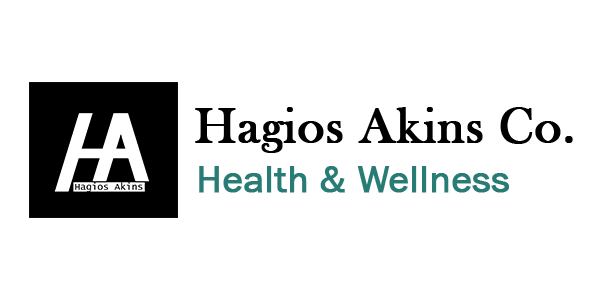And maybe the problem we are faced with in life is not just a function of the things we have done in the past only. Maybe, just maybe, our fear of what lies ahead—the images we form in our head—plays a major role in limiting us from really moving forward. So much about the fear of uncertainty.
In this post, I will be encouraging you to keep moving forward regardless of the fear that you might have as regards the future.
I am one who often talks about the fear of uncertainty. Not because I did some special study about it but because there was a time that I reasoned through and came to the conclusion that yeah, that is the source of the problem for many.
We are incapacitated to act because we do not know for sure the implication of what we are doing at the moment. It would have been a rather different thing if we knew for sure the result of the decisions we are making.
Really, if it was that easy, you probably wouldn’t be sitting where you are at the moment reading this post. The reason because, in several years to come, chances are that where you will find yourself will have nothing to do with where you currently are.
Of truth, I cannot deny the possibility of that happening. However, because we cannot know, we cannot, therefore, deprive ourselves of taking action. Hence, sometimes you have to feel the fear and do it anyway.
Now, I figured that this fear of the future is often fueled by our overestimation of how we will feel about a thing at a later time in the future. In most cases, we don’t often feel as such if that time even comes at all.
This is why success doesn’t feel like it when we become successful. This is why having lots of money we wish we had doesn’t really sustain happiness. This is why the mark for success is usually extended after we have attained it. This is why a PhD, as a scholar, is often the beginning of academics for many. This is what they mean when they say our wants are insatiable.
There is an innate nature in man that wants more. That same nature makes him “undervalue” what he has just achieved. Not because they are not valuable, no but because fundamentally, we always want more. It’s our nature.
This would have been a good one if it doesn’t hurt our decision-making—an incapacitating impact on it.
Impact Bias
Social psychologists call this impact bias. ”When Gilbert and colleagues (1998) asked assistant professors to predict their happiness a few years after achieving tenure or not, most believed a favorable outcome was important for their future happiness: “Losing my job would crush my life’s ambitions. It would be terrible.” Yet when surveyed several years after the event, those denied tenure were about as happy as those who received it.
Impact bias is important, say Wilson and Gilbert (2005), because people’s “affective forecasts”—their predictions of their future emotions—influence their decisions. If people overestimate the intensity and the duration of the pleasure they will gain from purchasing a new car or undergoing cosmetic surgery, then they may make ill-advised investments in that new Mercedes or extreme makeover.”
Rewind to the past, they would overthink their options, plot a lot of outcomes in their head and then end up paralyzed by overthinking—thinking paralysis.
The present is not the problem, the future is the problem. We want to have the best outcome. The best possible result that would make us happy. But the truth of the matter is that when we achieve this best—one it took ages to plan—it doesn’t feel like the best to us.
It’s why people who do plastic surgery usually don’t stop at the first trial. Success doesn’t feel like it.
The same goes for our fears. Fear doesn’t happen like when have simulated it in our heads. Nine out of ten times, the things you fear don’t happen.
The remedy I may have found for the fear of uncertainty is that you live in the knowledge that you cannot know everything that is yet to happen. Even though you have a glimpse by the virtue of your imaginative mind, it cannot be exact in reality. And even if it happens at all, you will not feel as worse as you may have presumed.
The fear of the future is an illusion. Live above it.
Recommendations & References
- Why Can’t I make a Decision, by Hagios Akins
- The Fear of uncertainty, by Hagios Akins
- Feel the Fear and Do it Anyway, Susan Jeffers
- Embracing the Fear of Uncertainty, Susan Jeffers
- Social Psychology (11th edition), David, G. Meyers


Comments (3)
Okay, b777casino, let’s talk. I’ve had my ups and downs here. Some days it’s a total win, other days… well, let’s just say I stick to the slots I know. The selection’s pretty good overall, so it’s worth a look. Give it a shot here: b777casino
Thanks for sharing.
Enlightening